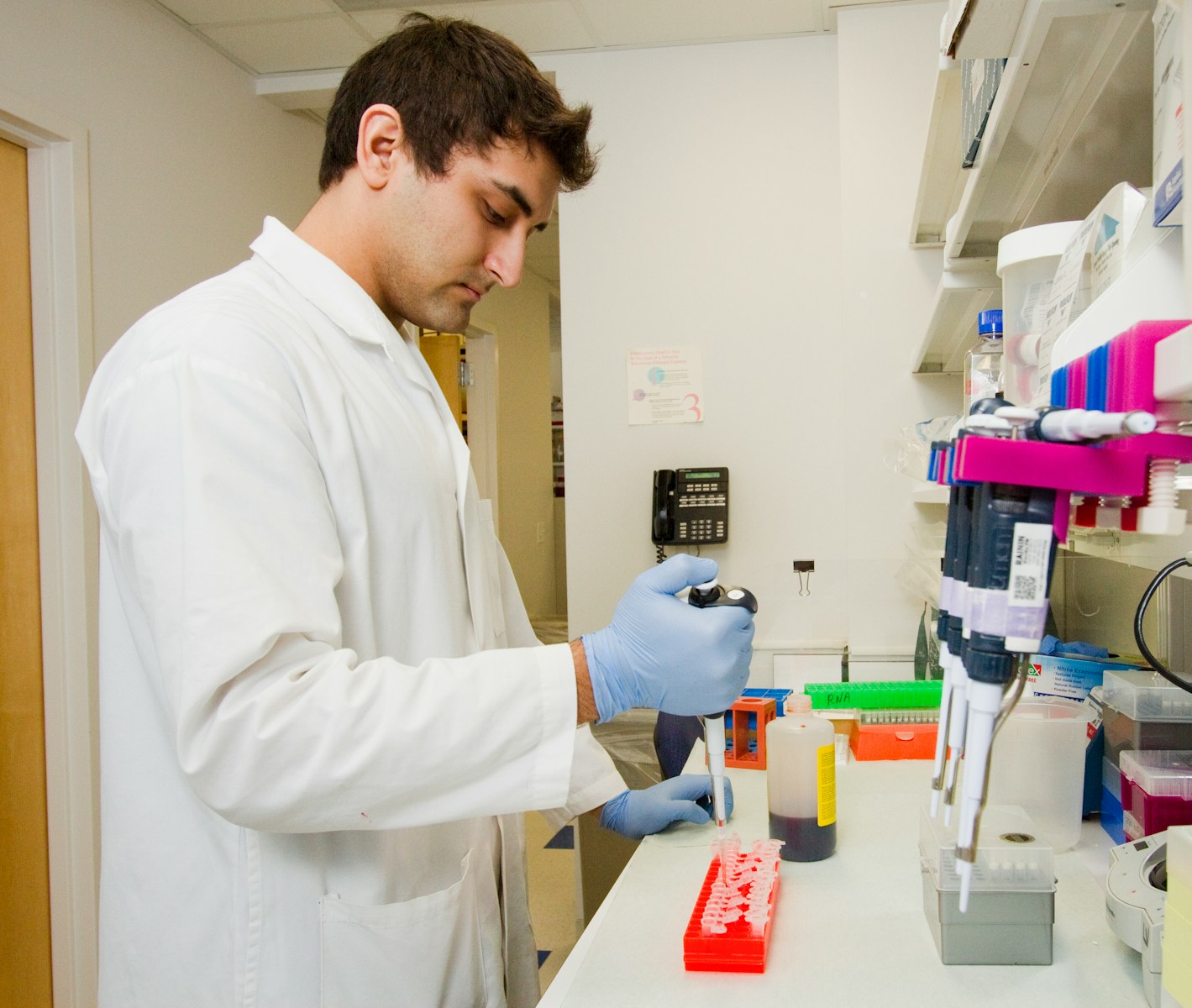Polynucleotides are fundamental macromolecules essential for the storage and expression of genetic information in all living organisms. Composed of long chains of nucleotides, these molecules serve as the building blocks for DNA and RNA, which are pivotal in the processes of heredity and protein synthesis.
A nucleotide, the basic unit of a polynucleotide, consists of three components: a phosphate group, a sugar molecule (ribose in RNA and deoxyribose in DNA), and a nitrogenous base. The four nitrogenous bases—adenine (A), cytosine (C), guanine (G), and thymine (T) in DNA (where uracil (U) replaces thymine in RNA)—dictate the genetic code. The sequence of these bases encodes the information that determines cellular functions and ultimately influences the development and functioning of an organism.
In DNA, two polynucleotide strands coil around each other to form a double helix. This structure is stabilized by hydrogen bonds between the complementary base pairs (A with T and C with G). The sequence of nucleotides in DNA serves as a template for replication, ensuring that genetic information is accurately passed from one generation to the next. Meanwhile, RNA, which is typically single-stranded, plays crucial roles in translating this genetic information into proteins through processes such as transcription and translation.
Polynucleotides are not only vital for biological functions but also have gained significant interest in various biotechnological and medical applications. For instance, synthetic polynucleotides are employed in gene therapy, a promising approach to treating genetic disorders by repairing or replacing defective genes. Moreover, advancements in RNA technology have led to the use of mRNA vaccines, exemplified by those developed for COVID-19, showcasing the potential of polynucleotides in modern medicine.
In conclusion, polynucleotides are indispensable molecules that play an integral role in life’s processes, from genetic information storage to the synthesis of essential proteins. Their importance in both biology and biotechnology cannot be overstated, paving the way for innovative solutions to some of the world’s most pressing health challenges. Understanding polynucleotides opens doors to future research and therapeutic developments in the realms of genetics and molecular biology.













